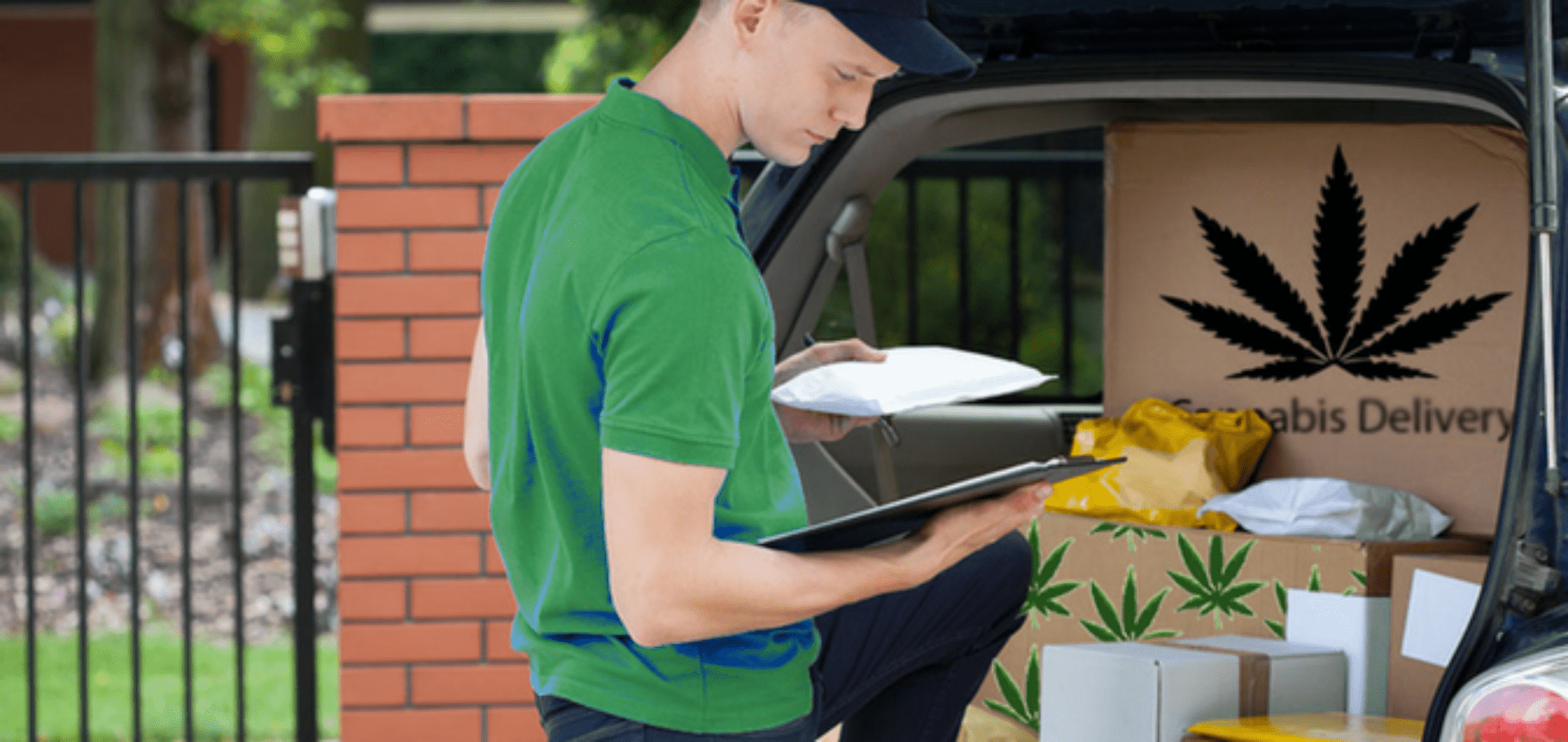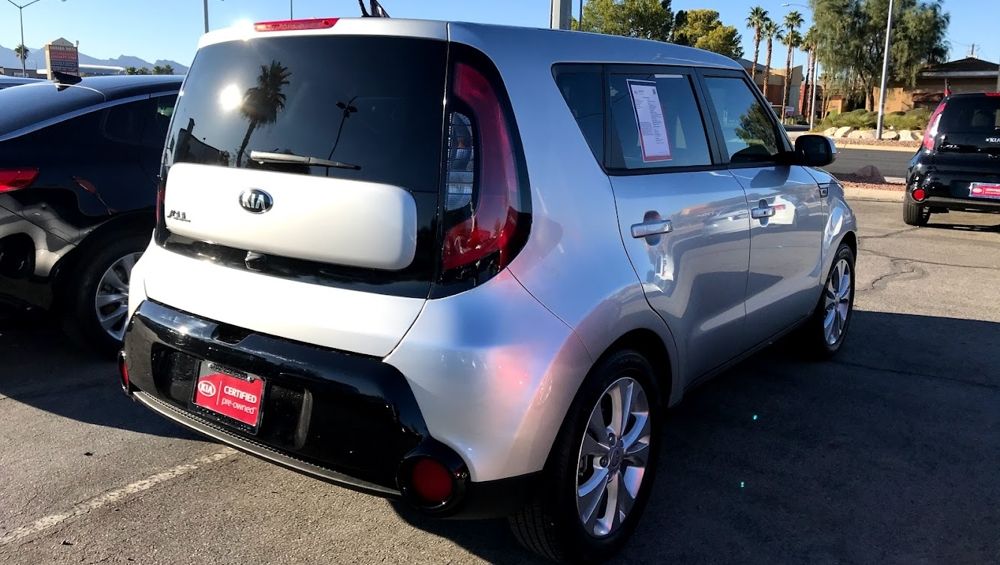Dispensaries and cannabis retailers are faced with a major logistical decision, when it comes to delivery operations: whether to own and operate their own delivery fleet or partner with third-party providers. Each option presents a distinct set of advantages, challenges, and long-term implications for brand control, compliance, cost, and scalability.
Fleet Ownership: Full Control, High Responsibility
Operating an in-house fleet gives cannabis businesses full control over every aspect of their delivery service — from driver hiring and training to vehicle branding and compliance with local transportation laws. This model allows for consistency in customer experience and adherence to internal service standards, which is critical in an industry where regulatory oversight is tight and trust is paramount.
However, fleet ownership requires significant upfront and ongoing investment. Costs include purchasing or leasing vehicles, insurance, maintenance, fuel, GPS tracking systems, and managing compliance with cannabis transportation laws that vary by state. Additionally, businesses must invest in employee wages, scheduling software, route optimization tools, and security protocols — especially important in a cash-heavy industry like cannabis.
For vertically integrated companies or multi-location dispensaries, fleet ownership offers the potential for better margins and a more personalized delivery experience. It also creates the opportunity to gather valuable delivery data directly, helping refine customer insights and optimize operational efficiency over time.
Third-Party Partnerships: Scalable and Simplified
For businesses looking to minimize overhead and focus on core retail or cultivation operations, outsourcing delivery through third-party logistics (3PL) providers or cannabis-specific delivery platforms can be an efficient alternative. These partners already have infrastructure in place, including vehicles, trained drivers, tracking systems, and knowledge of state-specific compliance laws.
One of the primary benefits of using third-party delivery services is scalability. Businesses can quickly expand service areas or meet surges in demand without making heavy capital investments. This is especially appealing in newer markets or during peak seasons like holidays or product drops.
On the downside, relinquishing control to a third-party provider can lead to inconsistencies in customer experience. Delivery issues, branding mismatches, or a lack of transparency in real-time tracking can reflect poorly on the dispensary — even if the service is technically being handled by someone else. Additionally, cannabis-specific 3PL providers may charge premium fees due to the complexity and risks involved in transporting cannabis products.
Compliance: A Shared Priority
Regardless of the delivery model, compliance is non-negotiable. States like California, Michigan, and Florida have strict requirements for vehicle security, delivery manifests, seed-to-sale tracking, and driver background checks. In-house fleets may have the advantage of internal training and real-time compliance monitoring, while third-party providers bring specialized expertise in navigating these complex regulations.
Making the Right Choice
Ultimately, the decision between fleet ownership and third-party partnerships comes down to a dispensary’s operational priorities, budget, and growth strategy. Startups and small retailers may benefit from outsourcing delivery to stay lean and flexible, while established operators looking to scale sustainably and maintain brand control may find long-term value in building their own fleet.
Whatever the path, cannabis delivery success depends on consistency, compliance, and customer trust — all of which must be factored into the delivery model a business chooses.
Learn: Fleet Maintenance 101: Most Replaced Parts on Dispensary Delivery Cars


